ChessGPT - Chess Game Analysis
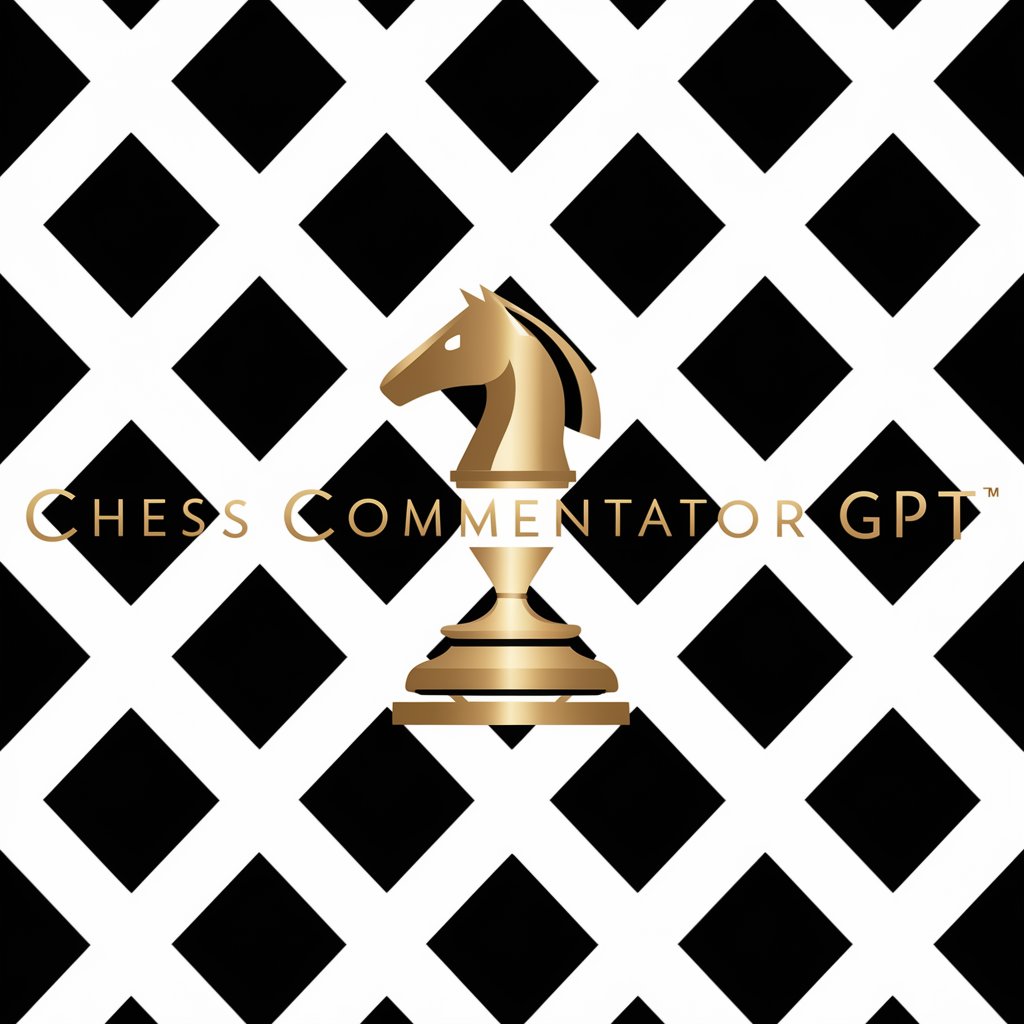
Welcome! Ready to dive into the world of chess mastery?
Master Chess with AI-Powered Analysis
Analyze the opening strategies used in classic chess games...
Provide a detailed commentary on famous chess matches...
Explain the tactical decisions made by grandmasters in historical games...
Discuss the variations and outcomes of popular chess openings...
Get Embed Code
Overview of ChessGPT
ChessGPT is a specialized version of the ChatGPT AI, tailored specifically for analyzing and commenting on chess games. Its primary role is to interpret Portable Game Notation (PGN) files and provide detailed insights into the games, including player strategies, move evaluations, and historical contexts. It is designed to simulate a chess expert's perspective, offering in-depth commentary and technical analysis that enhances understanding and appreciation of chess matches. For example, ChessGPT can take a PGN file of a historic game and break down each move, explain the opening strategy, compare it with similar games, and highlight pivotal moments, all in an informative and engaging manner. Powered by ChatGPT-4o。

Core Functions of ChessGPT
Game Analysis
Example
Analyzing a game where Kasparov faces Karpov, ChessGPT can identify the opening as a Sicilian Defense, note deviations from typical lines, and comment on strategic choices. It can explain why Kasparov's 12th move is a turning point and how it reflects his aggressive style.
Scenario
When a chess coach uploads a PGN file, ChessGPT analyzes it to generate a comprehensive report that the coach uses to teach students about advanced tactics and game phases.
Historical Comparison
Example
Upon reviewing a game played in the Queen's Gambit Declined, ChessGPT can compare it to famous historical games in the same opening, highlighting how opening theory has evolved and what modern players might learn from past games.
Scenario
A chess historian uses ChessGPT to gather insights on the evolution of opening strategies over decades, enhancing the content for a book on chess history.
Educational Tool
Example
ChessGPT provides step-by-step commentary on chess games, explaining the purpose behind each move and potential alternatives, thus serving as an excellent learning tool for improving strategic thinking.
Scenario
In a classroom setting, a teacher uses ChessGPT to project analyzed games on a screen, discussing each move's implications with students to improve their decision-making and understanding of game dynamics.
Target User Groups for ChessGPT
Chess Coaches and Trainers
These professionals can use ChessGPT to enhance their training programs by providing detailed analyses of games, discussing various strategies, and comparing different game phases. The tool helps them prepare more effective training materials and offers real-time analysis during sessions.
Chess Historians and Researchers
Researchers interested in the history and evolution of chess strategies will find ChessGPT invaluable for comparing historical and modern games, understanding trends in openings, and documenting shifts in game-playing styles over the years.
Chess Students and Enthusiasts
Amateur players and those learning the game can benefit from ChessGPT's detailed breakdowns of professional games, learning not only about specific moves but also the strategic thinking behind them, enhancing their own gameplay.

Guidelines for Using ChessGPT
Start with Yeschat
Visit yeschat.ai to access ChessGPT for a free trial without the need for login credentials or a ChatGPT Plus subscription.
Understand its purpose
Recognize that ChessGPT is designed specifically to analyze chess games from PGN files and provide expert commentary and insights.
Prepare PGN files
Ensure that you have PGN files of the chess games you wish to analyze ready for upload, as ChessGPT requires these to function.
Use targeted questions
Interact with ChessGPT by asking specific questions or requesting analyses of certain aspects of the chess games to get the most out of its capabilities.
Apply insights learned
Utilize the detailed game analyses and commentary provided by ChessGPT to improve your own chess strategies and understanding of different game phases.
Try other advanced and practical GPTs
ChessGPT
Elevate Your Game with AI Coaching
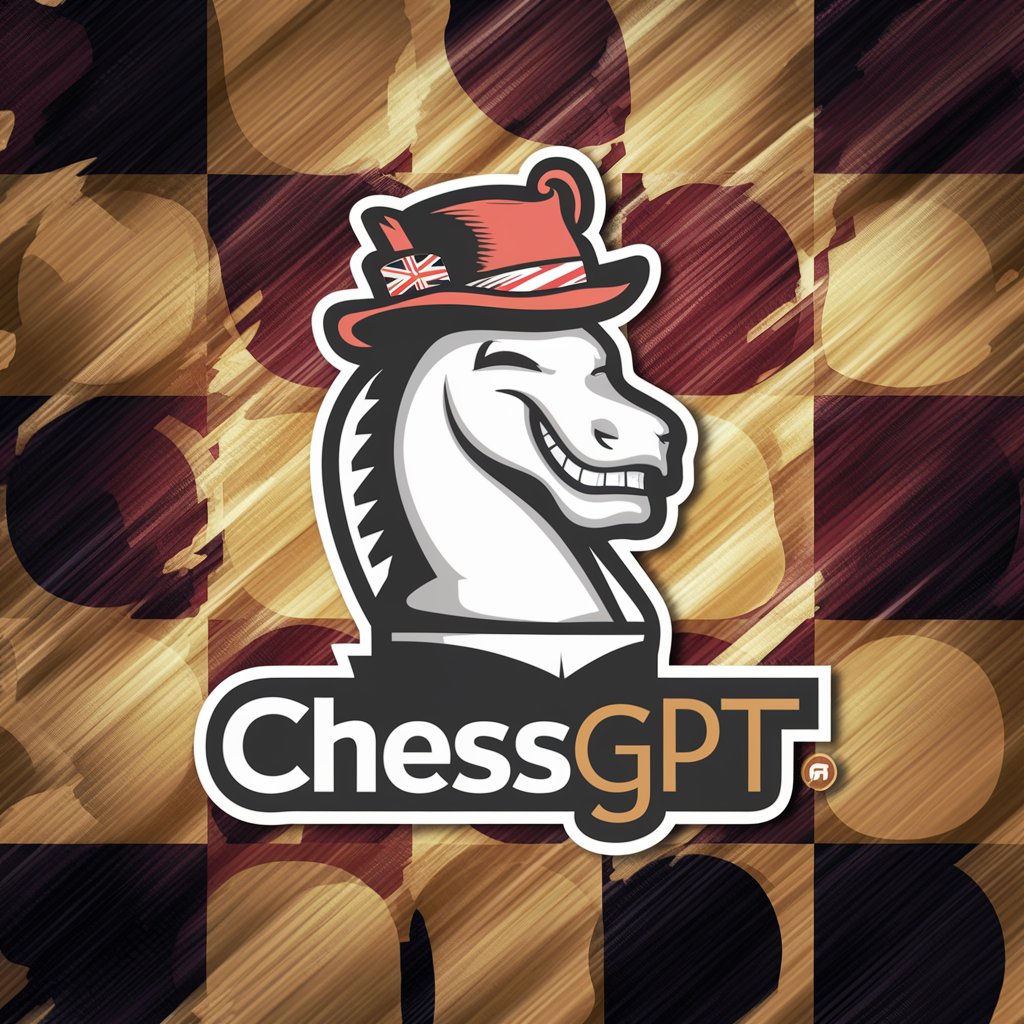
ChessGPT
Master Chess with AI
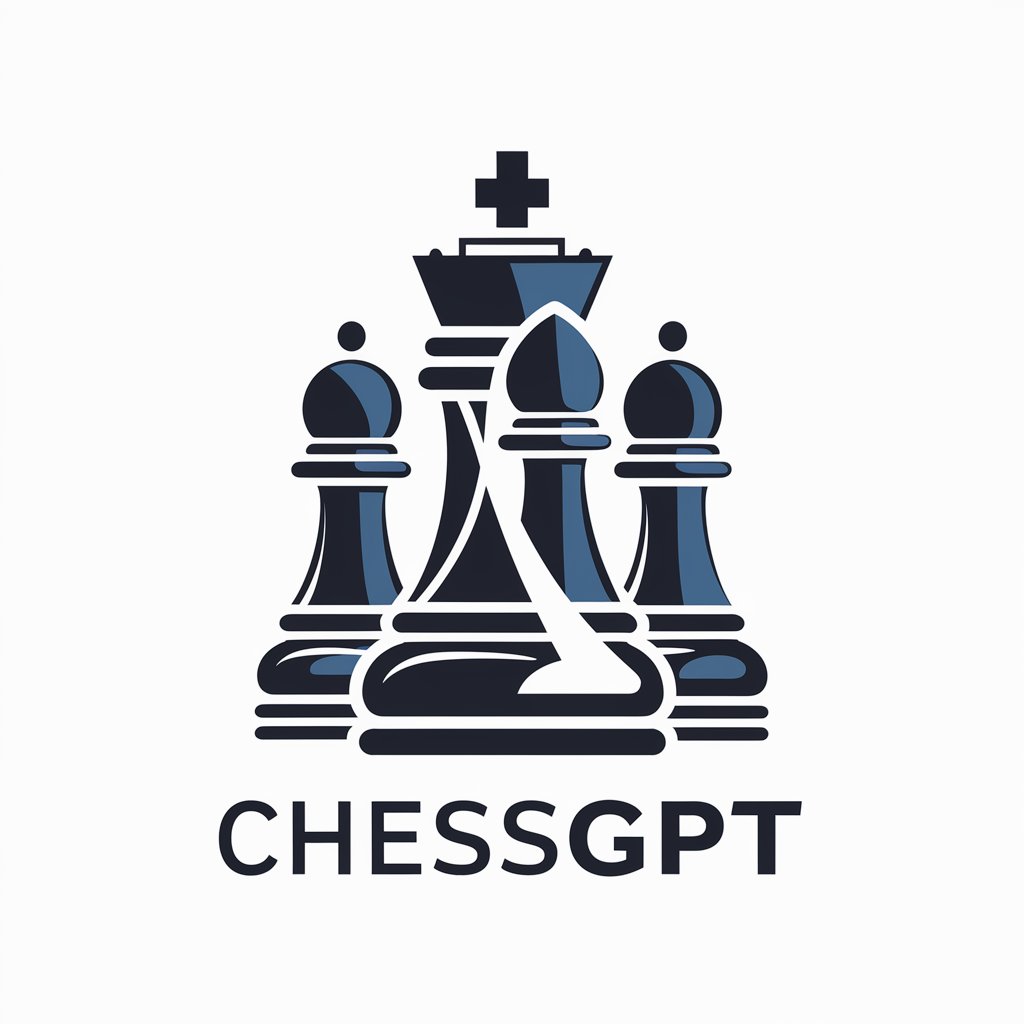
ChessGPT
Master Chess with AI Guidance
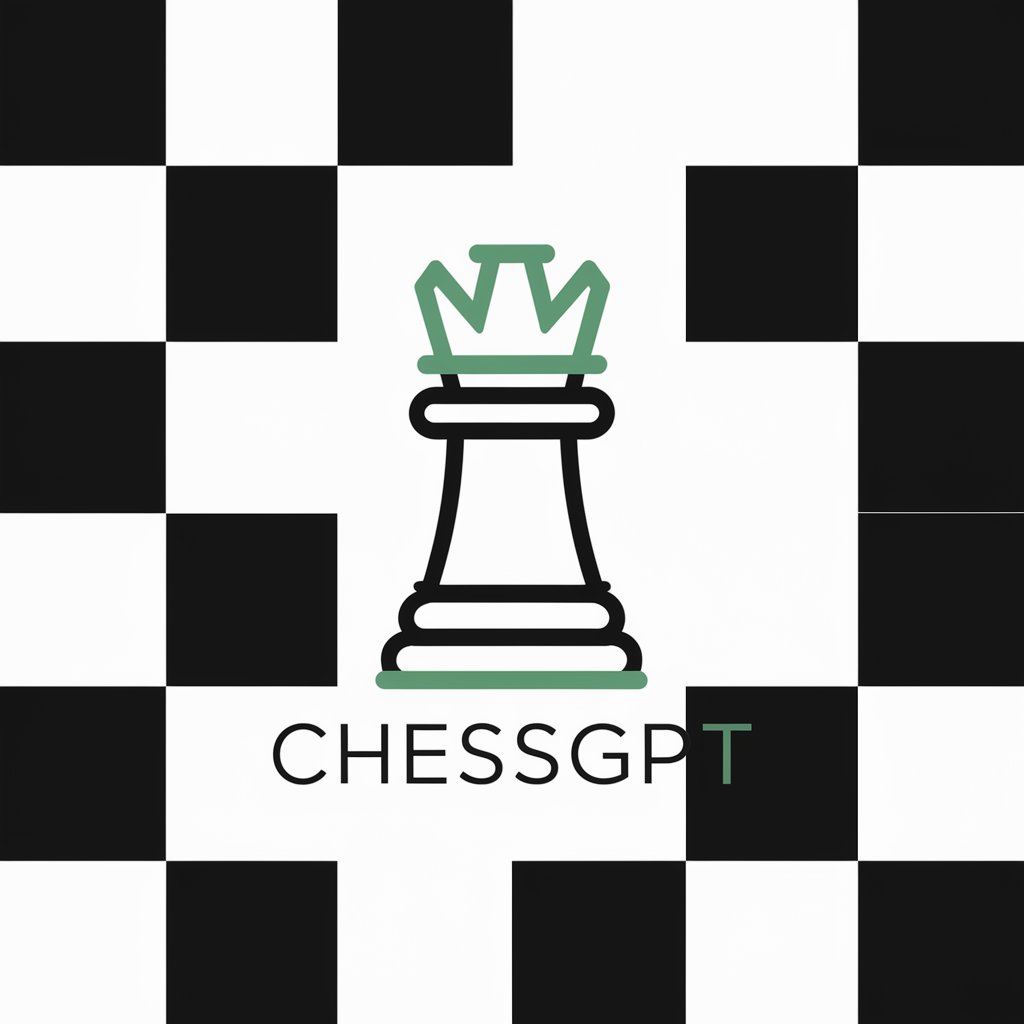
ChessGPT
Master Chess with AI Guidance
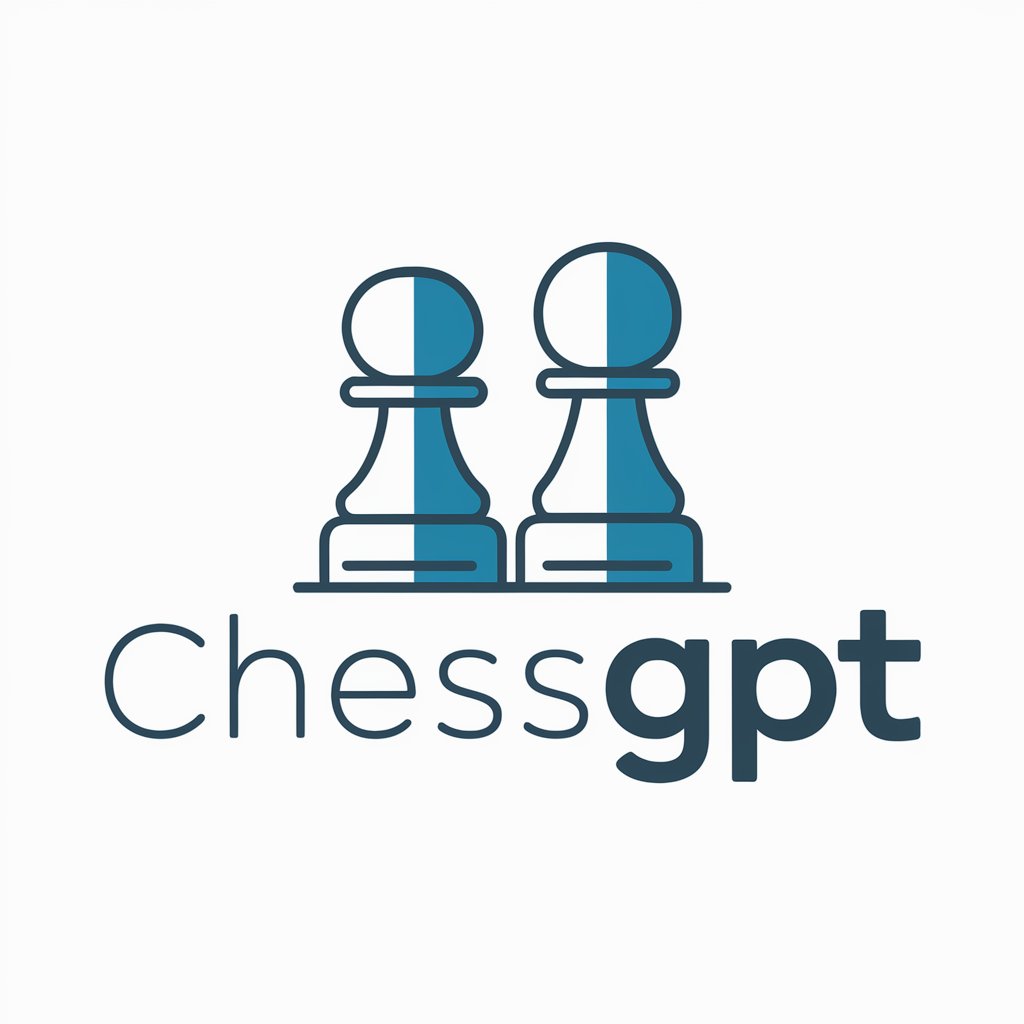
ChessGPT
Master Chess with AI-Powered Coaching
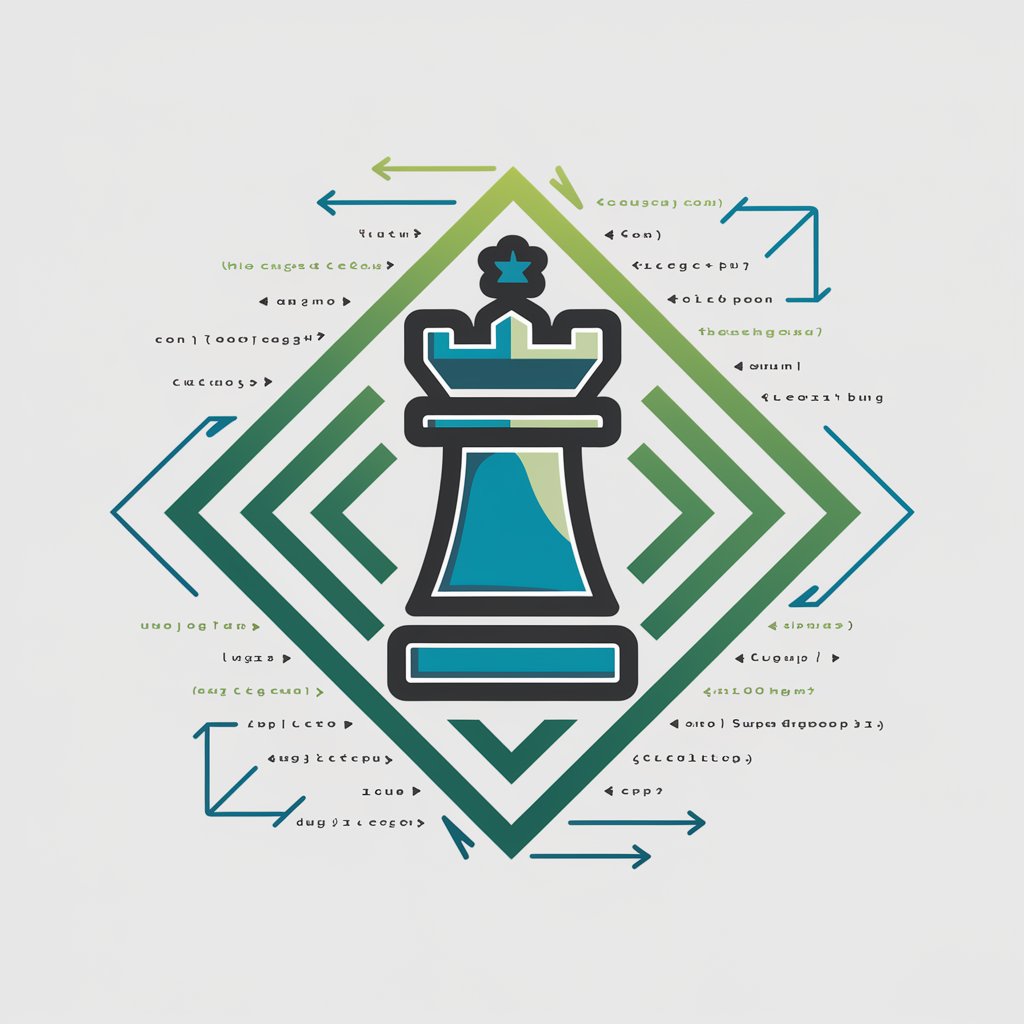
spanish
Master Spanish with AI Assistance

ChessGPT
Elevate Your Chess Game with AI
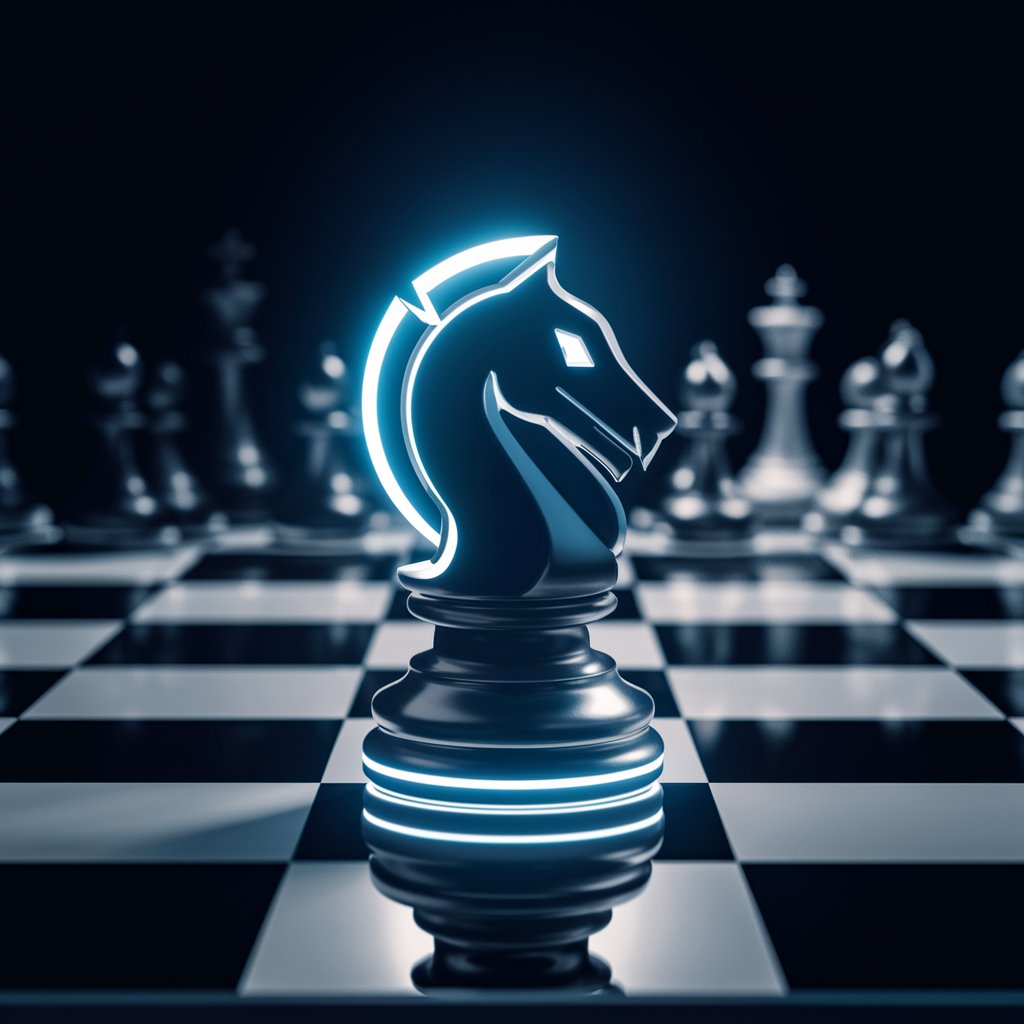
FactGPT
Empowering Truth with AI
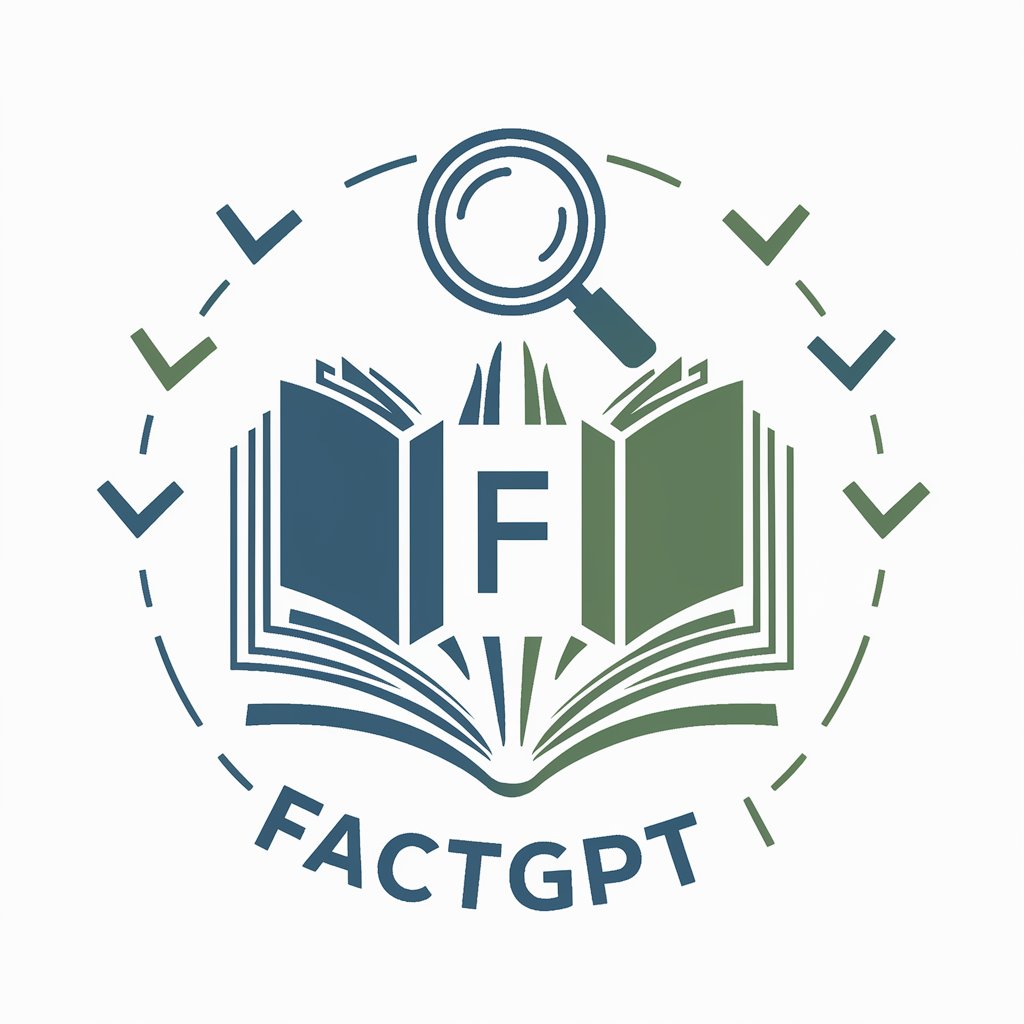
FastGPT for knowledge search
Power Your Inquiry with AI
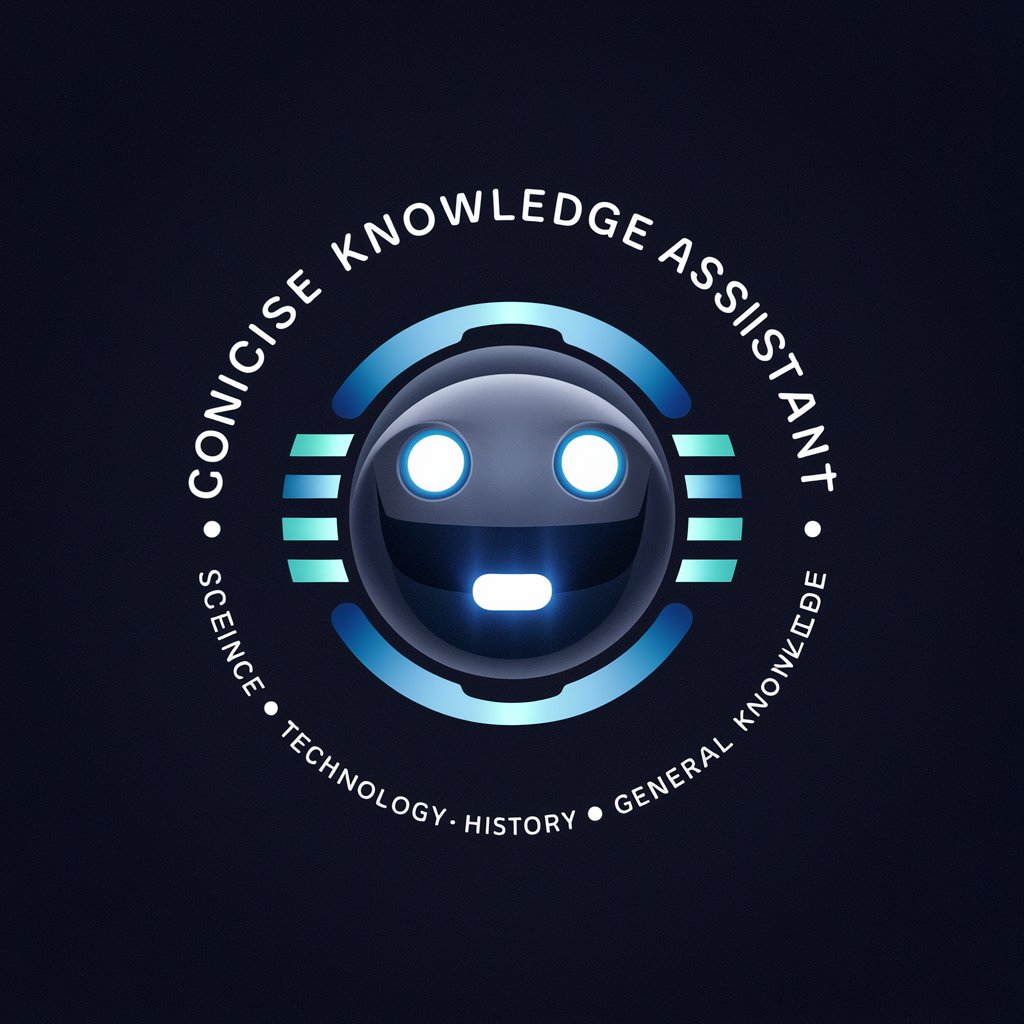
FartGPT
Engage, Laugh, Learn: AI-powered Fun!
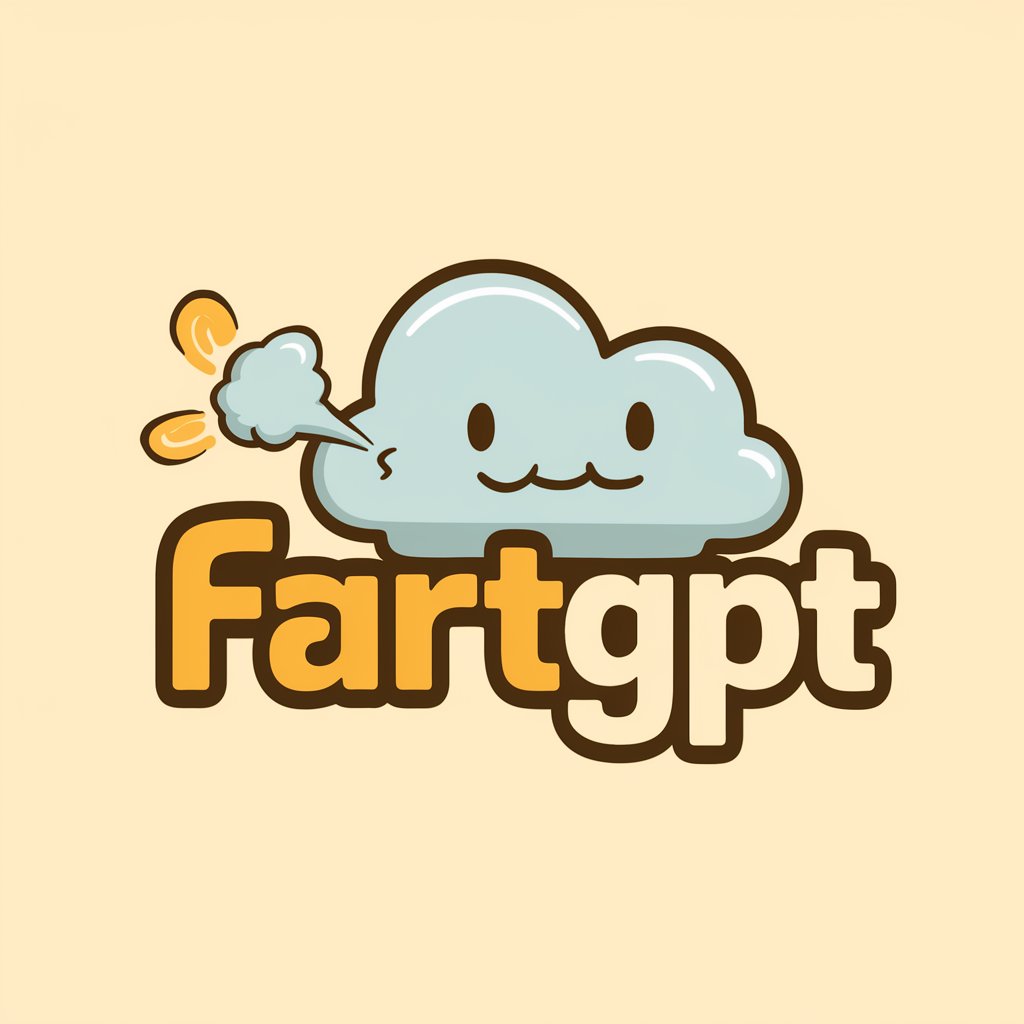
FatGPT
Your AI-powered Fitness Partner
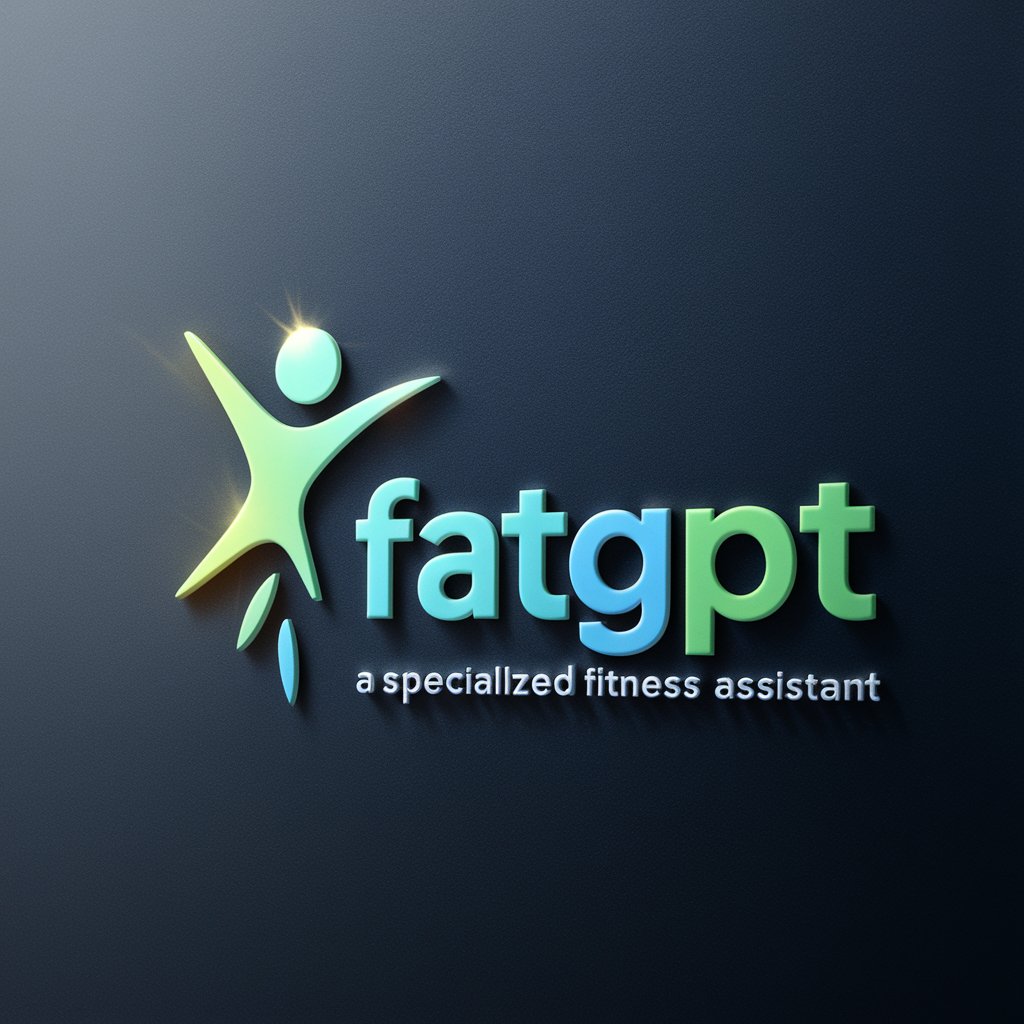
FactGPT
Explore. Learn. Grow.
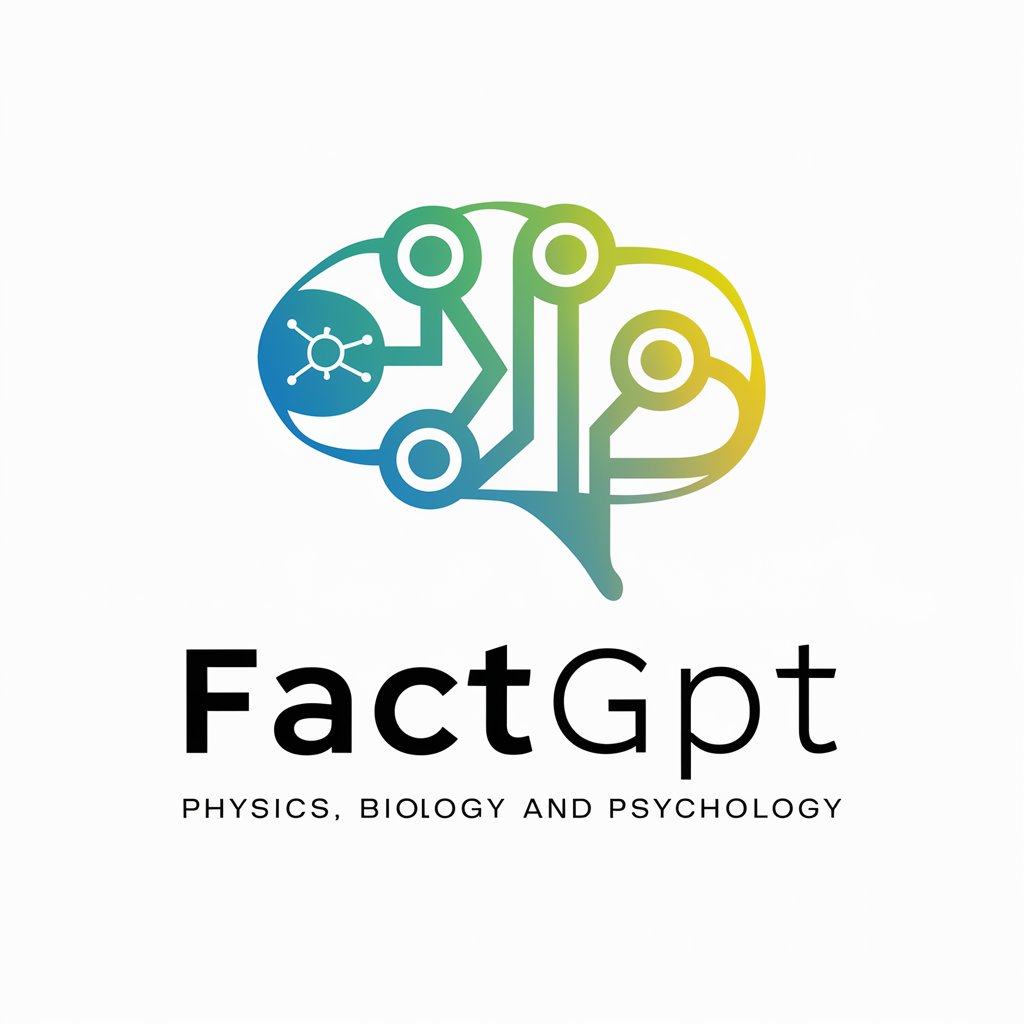
Frequently Asked Questions about ChessGPT
What is ChessGPT?
ChessGPT is a specialized AI designed to analyze and comment on chess games using PGN files. It offers in-depth insights into game strategies, openings, and tactical plays.
How can ChessGPT improve my chess skills?
By studying the comprehensive analyses and commentary ChessGPT provides on various chess games, players can understand deeper strategic concepts and learn from high-level tactics used by professionals.
Can ChessGPT analyze games from famous tournaments?
Yes, as long as you provide the PGN files, ChessGPT can analyze games from any tournament, offering insights into the moves and strategies of top grandmasters.
Does ChessGPT offer real-time game analysis?
ChessGPT does not analyze games in real-time but provides detailed post-game analysis, making it an excellent tool for learning and reflection.
Is there a limit to the number of games ChessGPT can analyze?
There is no inherent limit to the number of games ChessGPT can analyze; however, the analysis depth might depend on the complexity of the games and the specific questions posed by the user.
